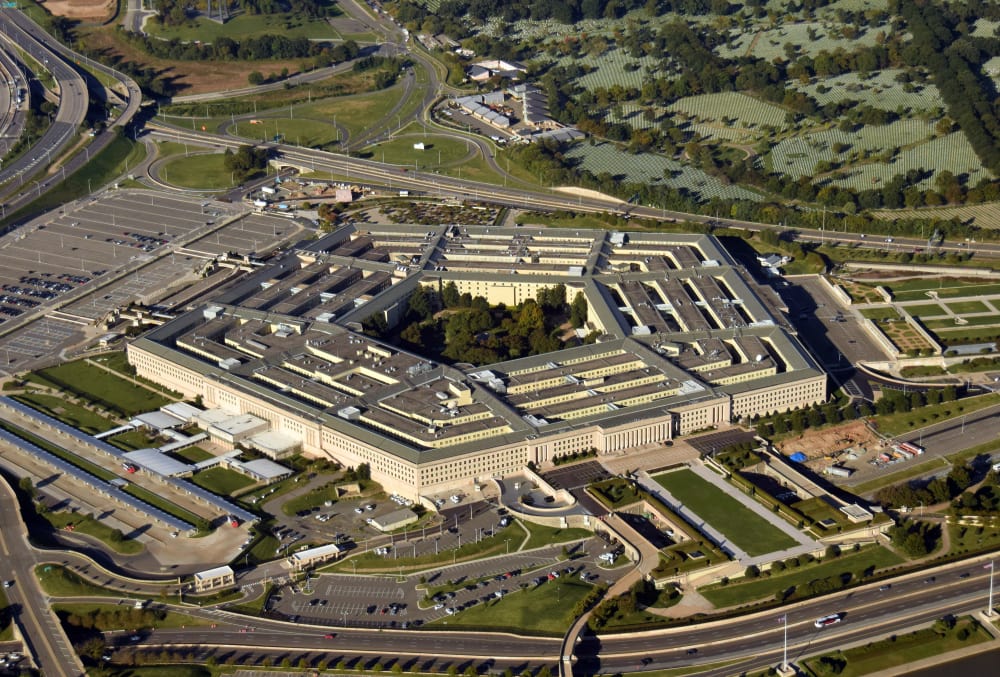The Known Unknowns: Planning for the Next Emergencies
Author
As global threats escalate, policymakers should focus on fortifying the federal budget against future emergencies and encouraging solutions that lessen the burden when such events arise.
Executive Summary
The national debt has exploded in recent years, thanks primarily to spending in response to the COVID-19 pandemic. But despite this recent acceleration, federal spending was already on an unsustainable path.
Much attention has been paid to the role of mandatory spending in contributing to these trends. This is in part because entitlement programs like Social Security and Medicare primarily drive the U.S.’s long-term fiscal situation, but also because the impact of such programs is easier to forecast.
However, less attention has been paid to another significant factor: the rise of off-budget and emergency spending in response to unforeseen events. While the COVID-19 pandemic is perhaps the most salient recent example, numerous unpredicted events have rapidly worsened the federal balance sheet.
Since the start of the 2000s, when significant budget surpluses were the expected norm, the United States has faced a terrorist attack, two subsequent wars, the 2008 financial crisis, numerous hurricanes, other natural disasters and, of course, the pandemic. Each of these carried significant costs, both in their immediate aftermath and in terms of their impact on the federal budget over time.
While it may not have been possible to predict them, unexpected shocks to the system should hardly be a surprise. That policymakers were often caught flat-footed points to a need to better prepare for such events.
Instead, lawmakers have largely used such events to both expand the federal budget and the powers at their disposal in times of emergency. These responses risk not only the fiscal solvency of the country, but also our ability to respond to events with appropriate levels of public accountability.
The expansion of emergency powers and emergency spending are flip sides of the same coin, and it is not possible to deal with one effectively without also addressing the other. To this end, there are multiple potential reforms to consider, and they fall into four general buckets:
- First, policymakers should more clearly define what constitutes an emergency, and ensure that the proper role of Congress is established clearly beyond the immediate aftermath of triggering events.
- Second, they should restrict executive power after emergencies have been declared, particularly as related to use of the Defense Production Act.
- Third, policymakers should consider creating a federal emergency fund and making budgetary reforms that curb the use of off-budget spending and reduce the long-term, indirect impact of crises on the federal budget over time.
- Finally, lawmakers should look for ways to incentivize private solutions that encourage better planning, thereby reducing the need for federal involvement when emergencies strike. By taking such actions in normal times, lawmakers can increase their flexibility to respond to crises, and better alleviate the types of emergencies experienced in the past, as well as wholly new ones that may arise in the future.
Read the full policy study, “The Known Unknowns: Planning for the Next Emergencies.”








